With the passage of time and events, we may not have to argue this anymore: Nigeria’s cash crises of late 2022 and early 2023 had serious effects on the living and the dead, even the unborn. The current situation, with reports of renewed cash scarcity, is reminiscent of those challenging times. Hence, there is a need to prioritise cash availability for poor Nigerians.
Many Nigerians wonder why the current cash shortages despite the Central Bank of Nigeria (CBN) increasing currency supply. Reports indicate significant cash squeezes in many states, with citizens struggling to access cash for daily transactions. The CBN has reported that the total currency in circulation has reached N4.14 trillion, yet a staggering N3.87 trillion of this amount is held outside the banking system, indicating that 93.34% of the nation’s currency is in the hands of individuals and businesses. This situation is reminiscent of the late 2022 and early 2023 crises when the CBN removed N2.3 trillion from circulation to hasten the shift to cashless transactions, forcing the economy to lose an estimated N20 trillion.
Join our WhatsApp ChannelThe government of President Muhammadu Buhari also at the time implemented a controversial naira redesign policy that saw citizens suffer disruptions, widespread poverty and hardship. Despite increased currency supply by the apex bank, the impact of that naira redesign policy still torments many as they struggle with limited access to cash for daily transactions.
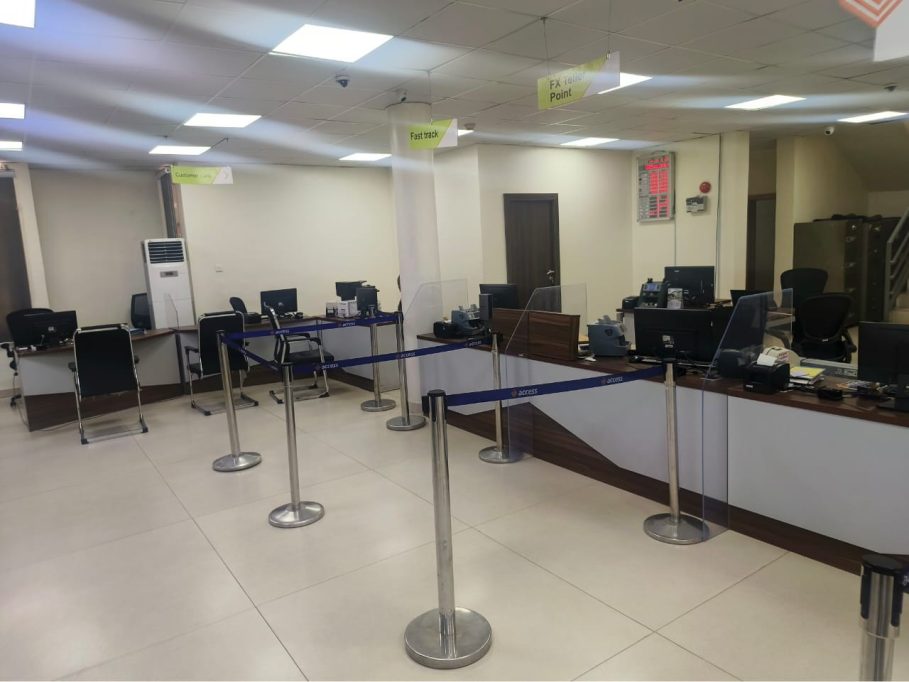
Many jobless youths in Nigeria have become emergency Point of Sale (PoS) agents, selling cash at high charges. Similar to what happened before the 2023 general elections, PoS operators in some parts of Southeast Nigeria now inflate transaction fees, often charging between N200 and N400 for withdrawals of N5,000 to N10,000. They cite difficulties in obtaining sufficient cash from banks, which has led to accusations of extortion as customers have little choice but to pay these arbitrarily increased rates for access to their money as little or no money can be withdrawn using ATM machines.
Retailers, including petrol stations, are also adding charges when receiving online and card payments.
Specifically, a particular Mobil fuel station along the Murtala Muhammad International Airport Road, Lagos has for over two years charged motorists an extra N50 on every card payment for PMS or diesel exceeding N10,000. Attendants would often cite extra charges by banks, whatever that means.
Did the Naira Redesign Cause Cash Scarcity in 2023?
Unarguably, one cannot conclude that the Buhari government redesigned the currency merely to punish the masses. The naira redesign policy was officially introduced by the CBN under the Buhari administration with some stated objectives: To improve monetary policy, promote digital alternatives like the eNaira, enhance the currency’s integrity and reduce cash circulation for illicit activities including kidnapping for ransom and vote buying.
But we should not also forget that the issue of poor network connectivity posed a significant challenge as Nigeria pushed towards a cashless economy. Despite the Central Bank’s efforts to promote digital transactions, many Nigerians, especially in the North, still rely heavily on cash due to inadequate infrastructure. The transition to a cashless system has been hampered by frequent internet outages and unreliable telecommunications services, making online payments difficult. This situation is exacerbated by a large portion of the population, about 40%, lacking access to banking services.
Regarding election malpractice, while the policy aimed to curb vote buying, reports indicated that the Economic and Financial Crimes Commission (EFCC) intercepted millions of naira earmarked for vote buying during the presidential election. The 2023 Nigerian presidential election was also marked by unprecedented delays and protests indicating a heightened level of electoral malpractice compared to previous elections since 1999. The gubernatorial election on the other hand saw low turnout as a result of malpractice people felt during the presidential and National Assembly elections.
As former President Buhari stated regarding the need for currency redesign, “The redesign of our currency is a deliberate effort to control inflation and ensure a more stable economy.” This highlights that while the naira redesign aimed at improving economic stability and reducing illicit financial activities, its execution faced significant hurdles that continue to affect Nigerians adversely. In the end, there was no serious indication that the redesign should have necessarily caused the kind of scarcity that shook Nigeria.
What about Recent Reports that CBN Did Not Recommend the Naira Redesign to Buhari?
As of 15 November 2023, there were reports that CBN did not recommend the naira redesign to former President Muhammadu Buhari. Testimonies in court revealed that there was no clear approval by former President Buhari to redesign naira notes released by the CBN under ex-Governor Godwin Emefiele. Former CBN Deputy Governor, Folashodun Shonubi, a former deputy governor of CBN who served while Emefiele was the governor from 2018 to 2023 stated that the redesign process was fraught with politics and did not follow standard procedures. He explained that Emefiele unilaterally presented a redesign proposal without proper approval from the CBN Board or the Committee of Governors raising concerns about the legitimacy of the currency redesign exercise carried out in late 2022.
The question now is: why did Buhari’s government do the naira redesign? This situation further raises concerns about whether the naira redesign was a pretext to create cash shortages especially as it failed to stop allegations of gross electoral manipulation during elections. Evidently, while the government presented redesign as a means to improve monetary policy and promote digital alternatives, its execution, and impact suggest deeper issues within Nigeria’s financial and political systems.
Moreover, if President Buhari did not support this policy, why did he publicly endorse it? And if the board was aware of the implications and advised Emefiele against proceeding, why did they not speak out before the redesign was implemented? Again, why was Emefiele not arrested during Buhari’s administration for disobedience and why is this action occurring now after Nigerians have already suffered as a result of this policy?
Indeed, there appears to be a discrepancy between the CBN board’s claims and President Buhari’s public support for redesign. This suggests potential miscommunication or undisclosed motivations behind this policy and lack of transparency: The fact that the CBN board claims they were not fully informed or involved in the decision-making process raises questions about transparency and proper procedures within the central bank.
Above all, what is the reason for the current cash scarcity of 2024? Nigerians do not know, despite wooly gossips about the high cost of moving cash incurred by banks. In the absence of tenable reasons, it is safe to conclude that government has something to hide about cash scarcity, especially in light of allegations of being used to service clandestine interests of some strong financial institutions.
Dr Mbamalu is a Jefferson Fellow, Member of the Nigerian Guild of Editors (NGE), Communications/Media Consultant and publisher of Prime Business Africa
Dr. Marcel Mbamalu is a communication scholar, journalist and entrepreneur. He holds a Ph.D in Mass Communication from the University of Nigeria, Nsukka and is the Chief Executive Officer Newstide Publications, the publishers of Prime Business Africa.
A seasoned journalist, he horned his journalism skills at The Guardian Newspaper, rising to the position of News Editor at the flagship of the Nigerian press. He has garnered multidisciplinary experience in marketing communication, public relations and media research, helping clients to deliver bespoke campaigns within Nigeria and across Africa.
He has built an expansive network in the media and has served as a media trainer for World Health Organisation (WHO) at various times in Northeast Nigeria. He has attended numerous media trainings, including the Bloomberg Financial Journalism Training and Reuters/AfDB training on Effective Coverage of Infrastructural Development of Africa.
A versatile media expert, he won the Jefferson Fellowship in 2023 as the sole Africa representative on the program. Dr Mbamalu was part of a global media team that covered the 2020 United State’s Presidential election. As Africa's sole representative in the 2023 Jefferson Fellowships, Dr Mbamalu was selected to tour the United States and Asia (Japan and Hong Kong) as part of a 12-man global team of journalists on a travel grant to report on inclusion, income gaps and migration issues between the US and Asia.

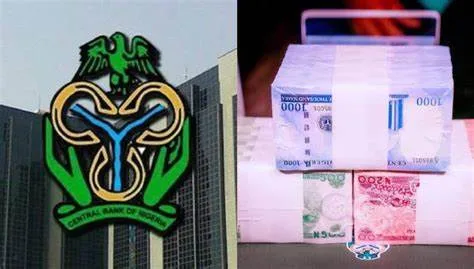



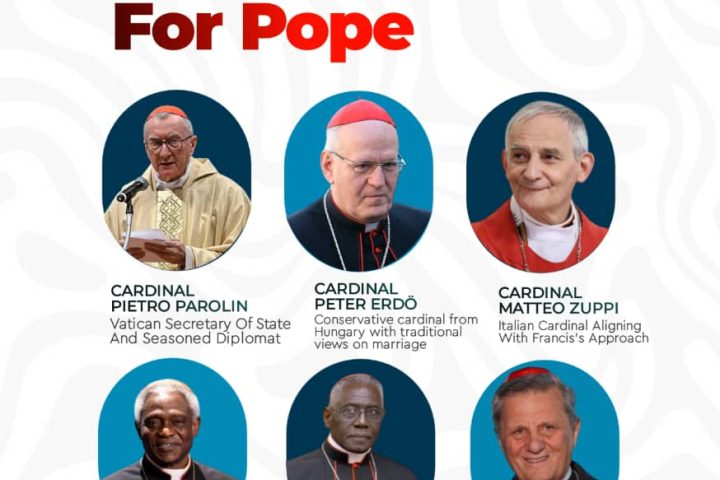
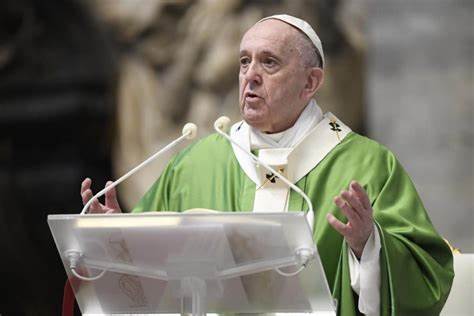
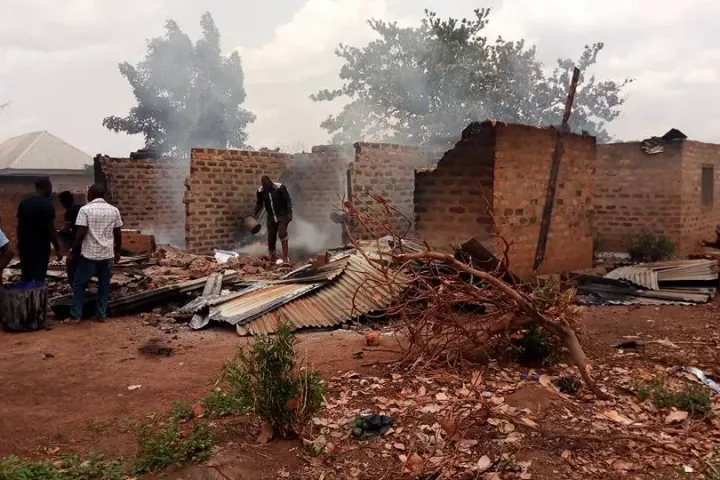








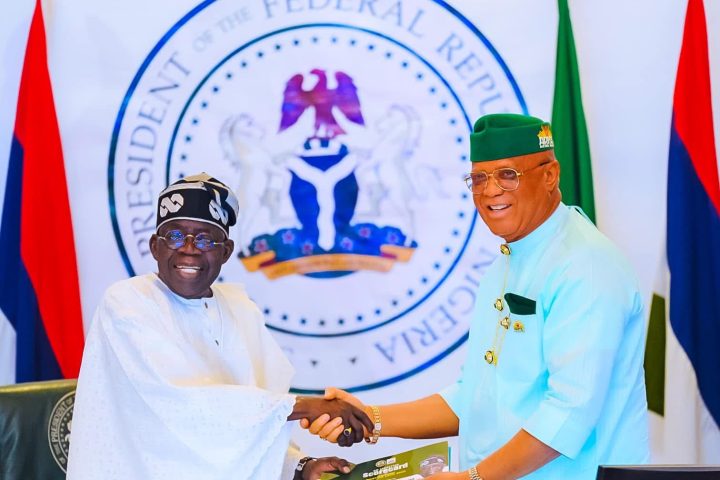

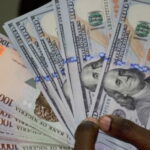
Follow Us